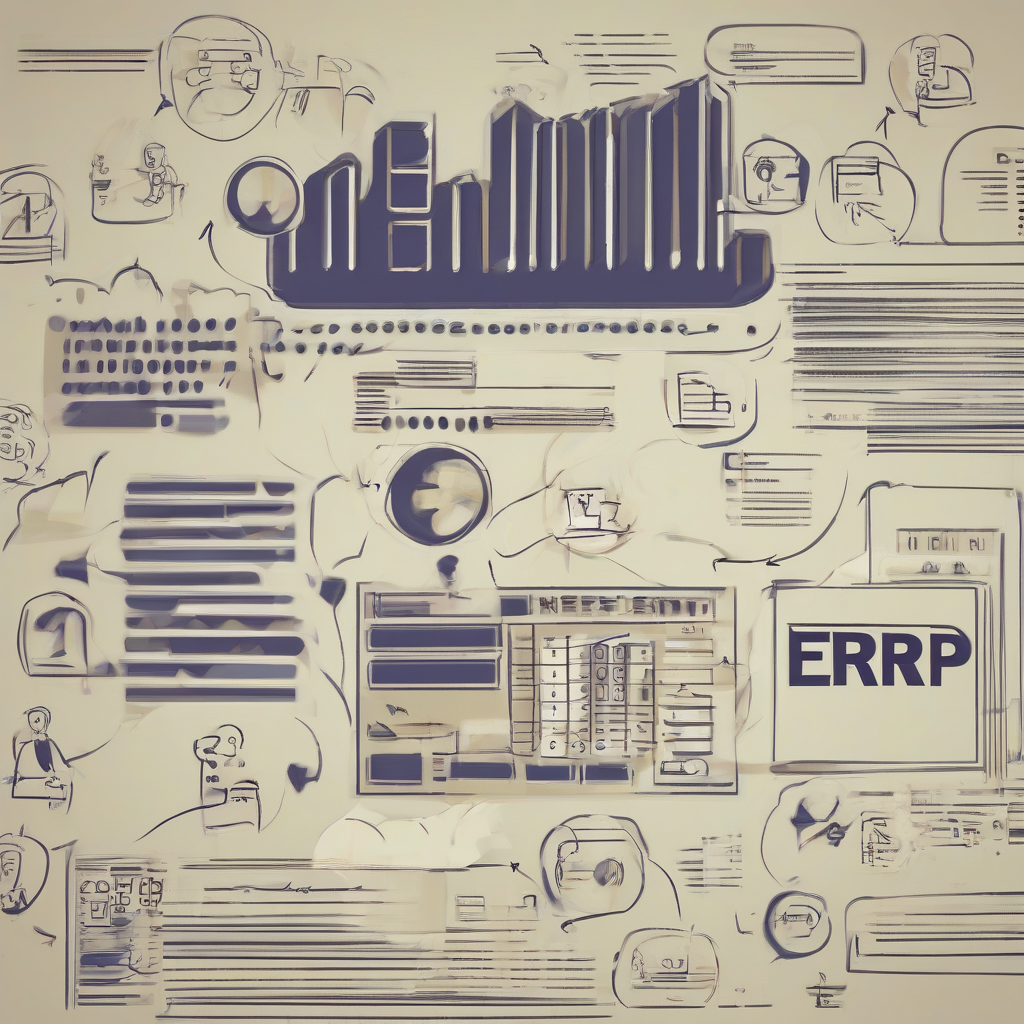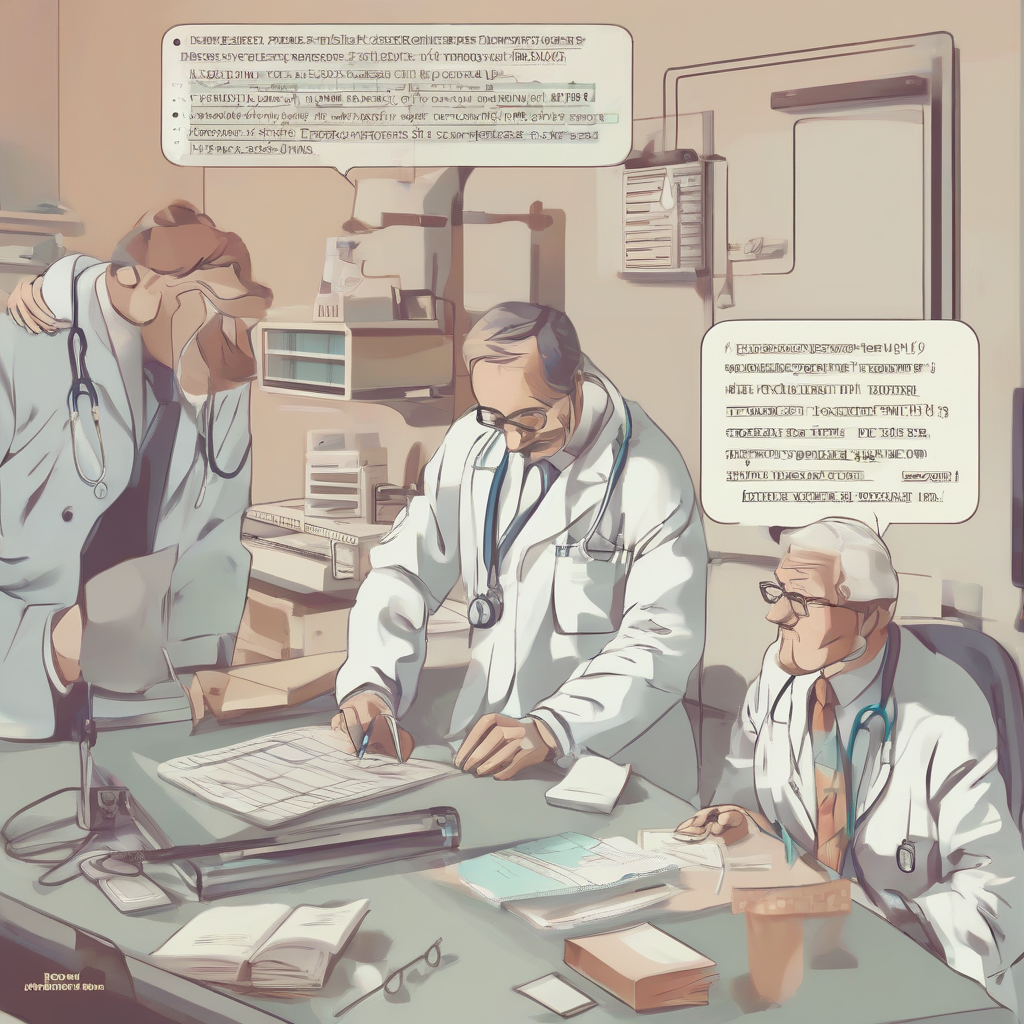ERP System Functions: A Comprehensive Guide

ERP System Functions: A Comprehensive Guide
Introduction
Enterprise Resource Planning (ERP) systems are integral software solutions that streamline and integrate various business processes within an organization. These systems act as a centralized hub for managing critical functions, enabling businesses to operate efficiently and effectively. This comprehensive guide delves into the multifaceted functions of ERP systems, providing insights into their core capabilities and the value they bring to modern enterprises.
Core ERP System Functions
-
Financial Management
- General Ledger: Tracks financial transactions, maintains balances, and generates financial reports.
- Accounts Payable: Manages vendor invoices, payments, and reconciliation.
- Accounts Receivable: Tracks customer invoices, payments, and outstanding balances.
- Cash Management: Monitors cash flow, forecasts liquidity, and optimizes cash utilization.
- Budgeting and Forecasting: Supports financial planning, budgeting, and forecasting processes.
-
Human Resources Management
- Employee Management: Tracks employee data, manages payroll, and administers benefits.
- Talent Acquisition: Streamlines the hiring process, manages candidate applications, and conducts background checks.
- Performance Management: Tracks employee performance, sets goals, and provides feedback.
- Training and Development: Manages employee training programs, tracks progress, and provides development opportunities.
- Compensation and Benefits: Administers salary, bonuses, and benefits packages.
-
Supply Chain Management
- Inventory Management: Tracks inventory levels, manages stock replenishment, and optimizes inventory costs.
- Purchasing Management: Manages vendor relationships, processes purchase orders, and tracks supplier performance.
- Production Planning: Plans production schedules, manages resources, and optimizes production efficiency.
- Distribution and Logistics: Coordinates transportation, warehousing, and delivery of goods.
- Demand Forecasting: Analyzes historical data and market trends to predict future demand.
-
Customer Relationship Management (CRM)
- Sales Management: Tracks sales opportunities, manages customer relationships, and optimizes sales processes.
- Marketing Automation: Automates marketing campaigns, tracks customer interactions, and personalizes customer experiences.
- Customer Service Management: Manages customer inquiries, resolves issues, and tracks customer satisfaction.
- Social Media Integration: Integrates social media platforms to monitor customer sentiment, engage with customers, and build brand loyalty.
-
Manufacturing and Production
- Production Planning: Plans and schedules production activities, manages resources, and optimizes production efficiency.
- Material Requirements Planning (MRP): Manages raw materials, components, and finished goods inventory.
- Quality Management: Ensures product quality, tracks defects, and implements quality control measures.
- Process Control: Monitors and manages manufacturing processes, ensures compliance with regulations, and improves production efficiency.
- Equipment Management: Tracks equipment maintenance, scheduling, and repairs.
Benefits of Implementing an ERP System
- Improved Efficiency and Productivity: ERP systems automate repetitive tasks, streamline workflows, and improve overall operational efficiency.
- Enhanced Visibility and Transparency: Centralized data storage and real-time insights provide a holistic view of business operations.
- Increased Collaboration and Communication: ERP systems facilitate seamless communication and collaboration across departments and locations.
- Improved Decision-Making: Access to accurate and timely data supports informed decision-making and strategic planning.
- Reduced Costs: Automation, streamlined processes, and optimized resource utilization help reduce operational costs.
- Increased Customer Satisfaction: Improved efficiency, accuracy, and responsiveness enhance customer experience.
- Competitive Advantage: Implementing an ERP system provides a competitive edge by enhancing operational efficiency and customer satisfaction.
Conclusion
ERP systems play a pivotal role in modern enterprises by integrating and streamlining business processes. Their comprehensive functionalities, spanning financial management, human resources, supply chain management, customer relationship management, and manufacturing operations, empower businesses to operate efficiently, enhance visibility, improve collaboration, and drive growth. By leveraging the benefits of ERP systems, organizations can gain a competitive advantage, optimize resource utilization, and achieve their strategic objectives.
What's Your Reaction?

















